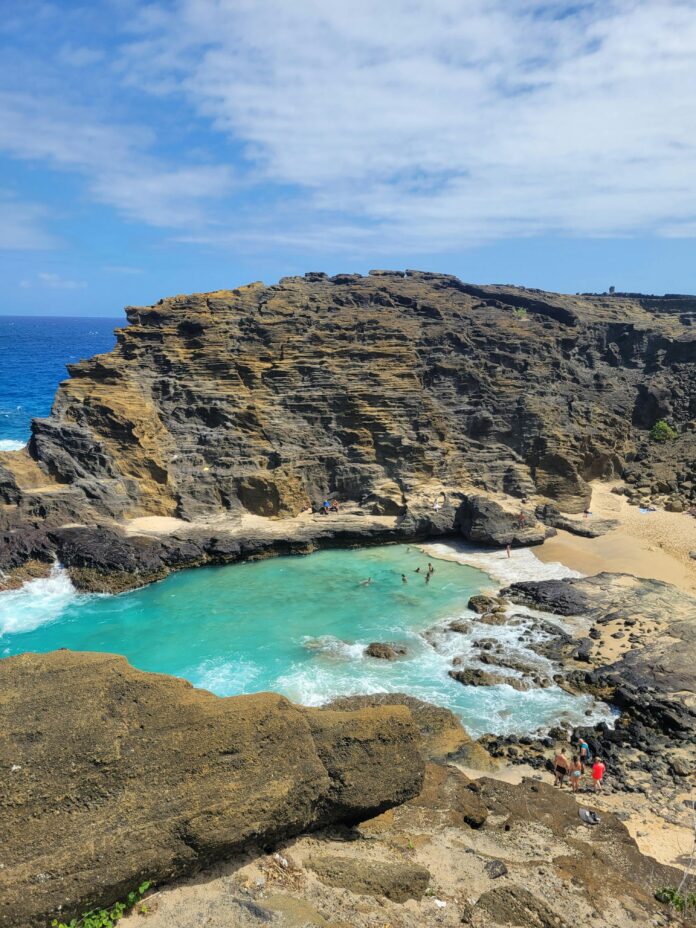Introduction
Are you looking for the best beaches to go surfing in Hawaii? Whether you’re a beginner or an experienced surfer, this blog post will tell you everything you need to know about where to surf in Hawaii. From Waikiki Beach to Pipeline, we’ll give you the inside scoop on the best spots for surfing in Hawaii. And we’ll also fill you in on what kind of waves you can expect to find at each beach. So grab your surfboard and your sunscreen, and let’s get started!
The Best Beaches for Surfing in Hawaii
Waikiki Beach is one of the most popular beaches in Hawaii and is known for its gentle waves, making it a great place to surf for beginners. The beach is also convenient because it’s located in Honolulu, so you can easily access other attractions on the island.
Find budget friendly flights for your trip to Hawaii
Sunset Beach
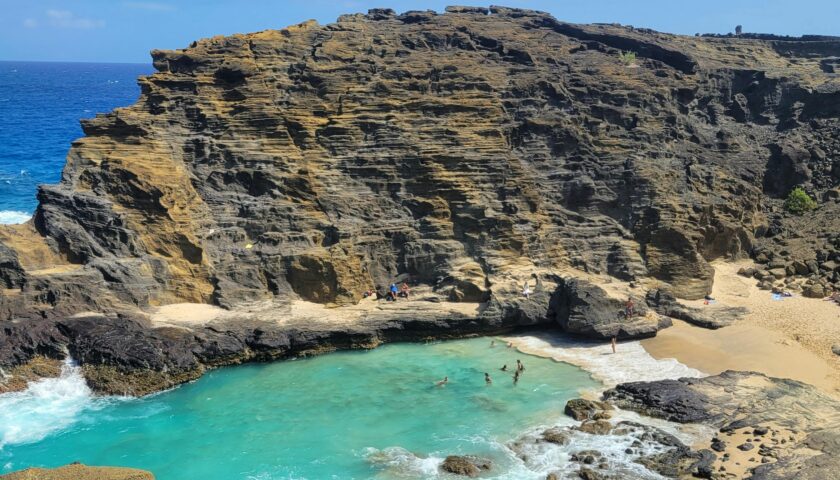
Sunset Beach is another great option for beginner surfers. The waves here are typically smaller than at other beaches, but there are also plenty of reef breaks and sandbars that create interesting wave patterns. You’ll also find some excellent surfing conditions in the early morning or late afternoon when the sun isn’t as intense.
Pipeline is a world-famous surf spot on Oahu’s North Shore and is considered one of the best waves in Hawaii. However, it’s also one of the most dangerous because of its shallow reef bottom and strong currents. If you’re an experienced surfer, Pipeline can be an incredible experience, but it’s not recommended for beginners.
Click here for travel deals to Hawaii
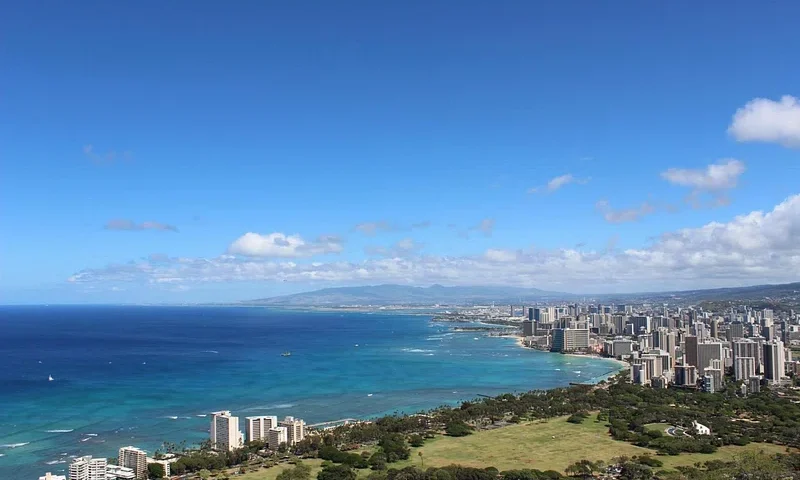
The Different Types of Waves You’ll Find in Hawaii
Reef Breaks
Reef breaks are created when waves crash onto a reef. The reef creates a barrier that causes the wave to break. Reef breaks are usually found in shallow water and can be dangerous because of the sharp coral.
Beach Breaks
Beach breaks are created when waves crash onto a beach. The sand creates a barrier that causes the wave to break. Beach breaks can be found in both deep and shallow water. They are typically less dangerous than reef breaks because there is no sharp coral.
Point Breaks
Point breaks are created when waves hit a point of land, such as a headland or jetty. The point creates a barrier that causes the wave to break. Point breaks can be found in both deep and shallow water. They are typically less dangerous than reef breaks because there is no sharp coral.
What to Bring With You When You Go Surfing in Hawaii.
A Surfboard
When you go surfing in Hawaii, you will need a surfboard. You can either bring your own surfboard or rent one from a local surf shop. If you are a beginner, it is recommended that you rent a surfboard. This way, you can try different types of boards and find the one that suits you best.
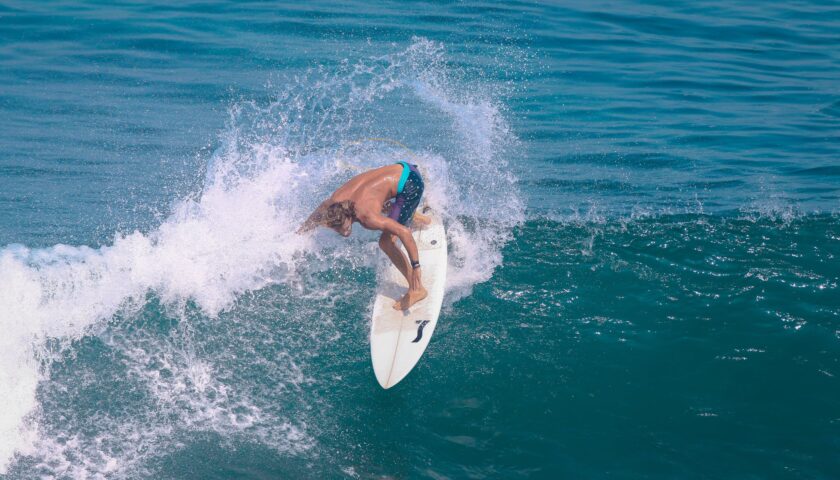
A Wetsuit
A wetsuit is not required but is recommended, especially for beginners. A wetsuit will help to keep you warm in the water and will also provide some protection from the sun. The water temperature in Hawaii ranges from 68-85 degrees Fahrenheit (20-29 degrees Celsius), so a wetsuit is not always necessary.
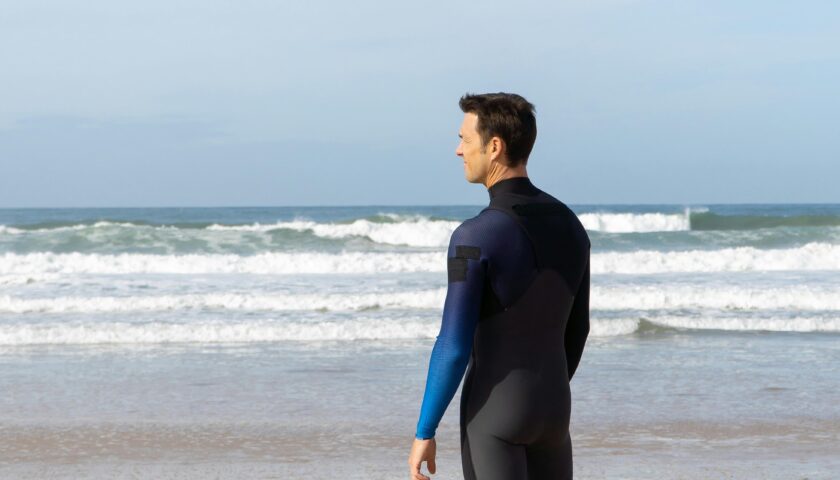
Sunscreen
Be sure to pack sunscreen! The sun in Hawaii is very strong and can be damaging to your skin, even if it’s cloudy outside. It’s best to use a sunscreen with an SPF of at least 30 and to reapply it every few hours, especially if you are swimming or sweating heavily.
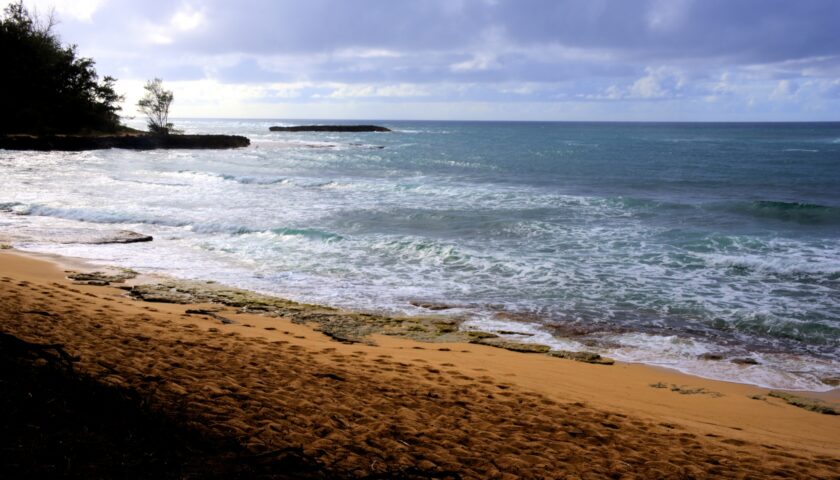
Conclusion
If you’re looking to surf in Hawaii, there are a few things you should keep in mind. First, the best beaches for surfing are Waikiki Beach, Sunset Beach, and Pipeline. Second, the different types of waves you’ll find in Hawaii include reef breaks, beach breaks, and point breaks. Finally, be sure to bring a surfboard, wetsuit, and sunscreen with you when you go surfing in Hawaii. With these tips in mind, you’re sure to have an enjoyable and safe experience surfing in Hawaii.


